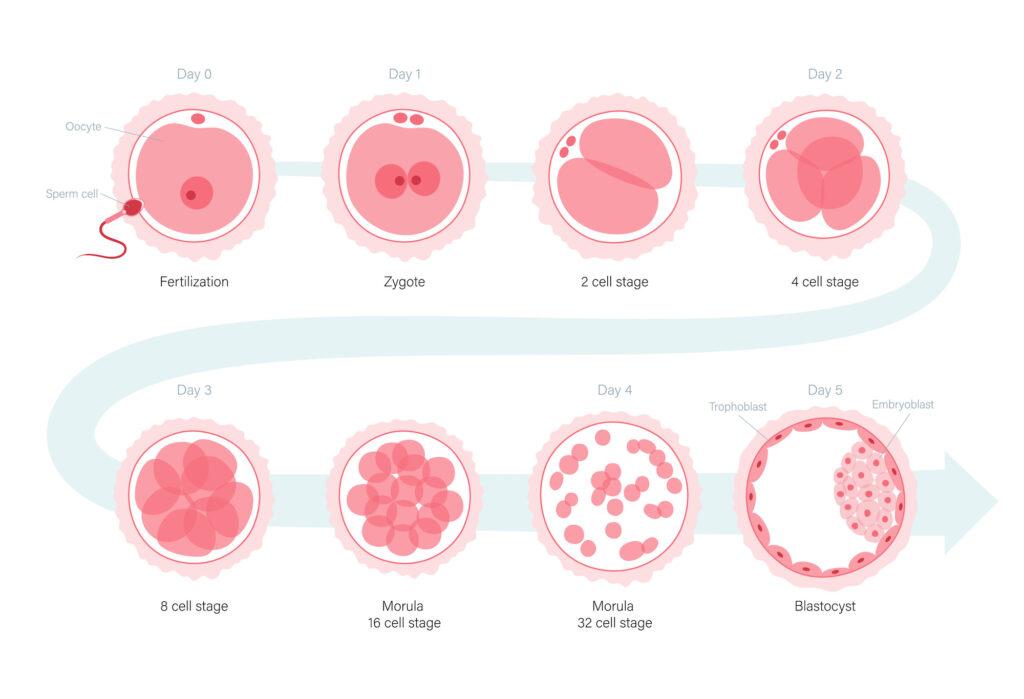



The embryo donation process is simple but closely regulated:
Kanaa Fertility Center offers advanced testing to determine the underlying causes of infertility and enhance outcomes.
Our cutting-edge screening empowers couples to make informed decisions regarding their fertility.
The experience of fertility treatment can be stressful and emotional. At Kanaa Fertility Center, patient care comes secondary to medical treatment.
We strive to make each couple feel educated, nurtured, and empowered.
Kanaa Fertility Center is a leading clinic renowned for its expert team of fertility specialists and cutting-edge technology. With a high success rate in Fertility Kanaa offers compassionate, comprehensive care to help couples achieve their dream of parenthood. Choose Kanaa for trusted and innovative fertility solutions.
As per the latest law, a couple cannot choose to donate their excess embryos to another couple
A donor embryo IVF cycle will cost nearly the same as a donor egg cycle as it remains the same procedure of recruiting a donor, stimulating and retrieving eggs from her.
To increase your chances of a successful embryo transfer, maintain a healthy lifestyle by eating nutritious foods, staying hydrated, and managing stress. Follow your doctor’s advice closely and take prescribed medications as directed.
Success rates for a first embryo transfer typically range from about 40-50% for women under 35, decreasing to around 10-20% for women over 40.
Embryo donation is when couples who have completed their fertility treatment donate their unused, healthy embryos to another couple or individual who is struggling with infertility.
Recipients are typically individuals or couples who cannot conceive using their own eggs and/or sperm, or those for whom other fertility treatments have not been successful. Medical and legal screening is done before approval.
Clinics match donors and recipients based on medical history, blood group, and sometimes physical characteristics. This process ensures the best possible compatibility.
Laws vary by country and state. Generally, written informed consent from both partners is mandatory. Clinics also ensure that donors relinquish parental rights to the embryos.
The embryos are carefully screened for infectious diseases and genetic issues. The main risks are those associated with any embryo transfer procedure, such as multiple pregnancy or implantation failure.